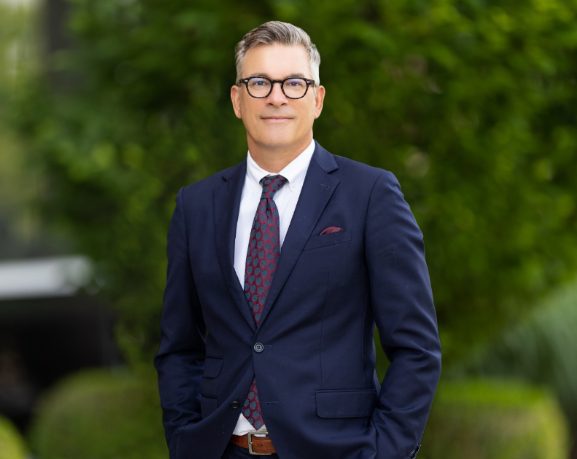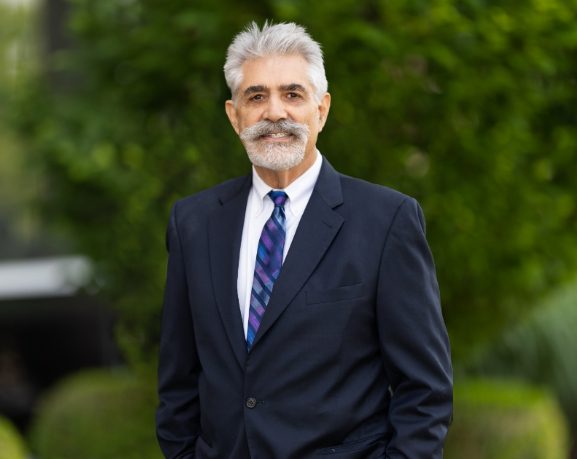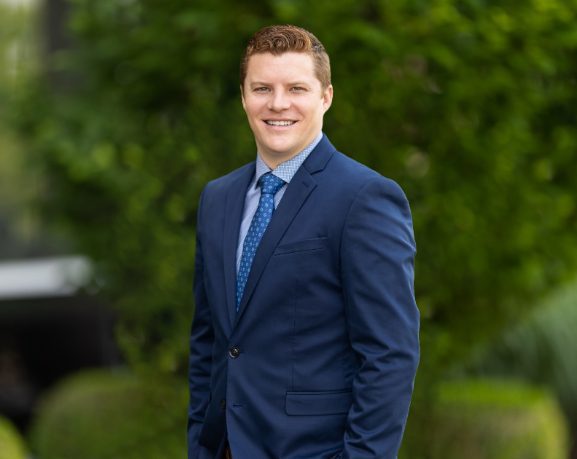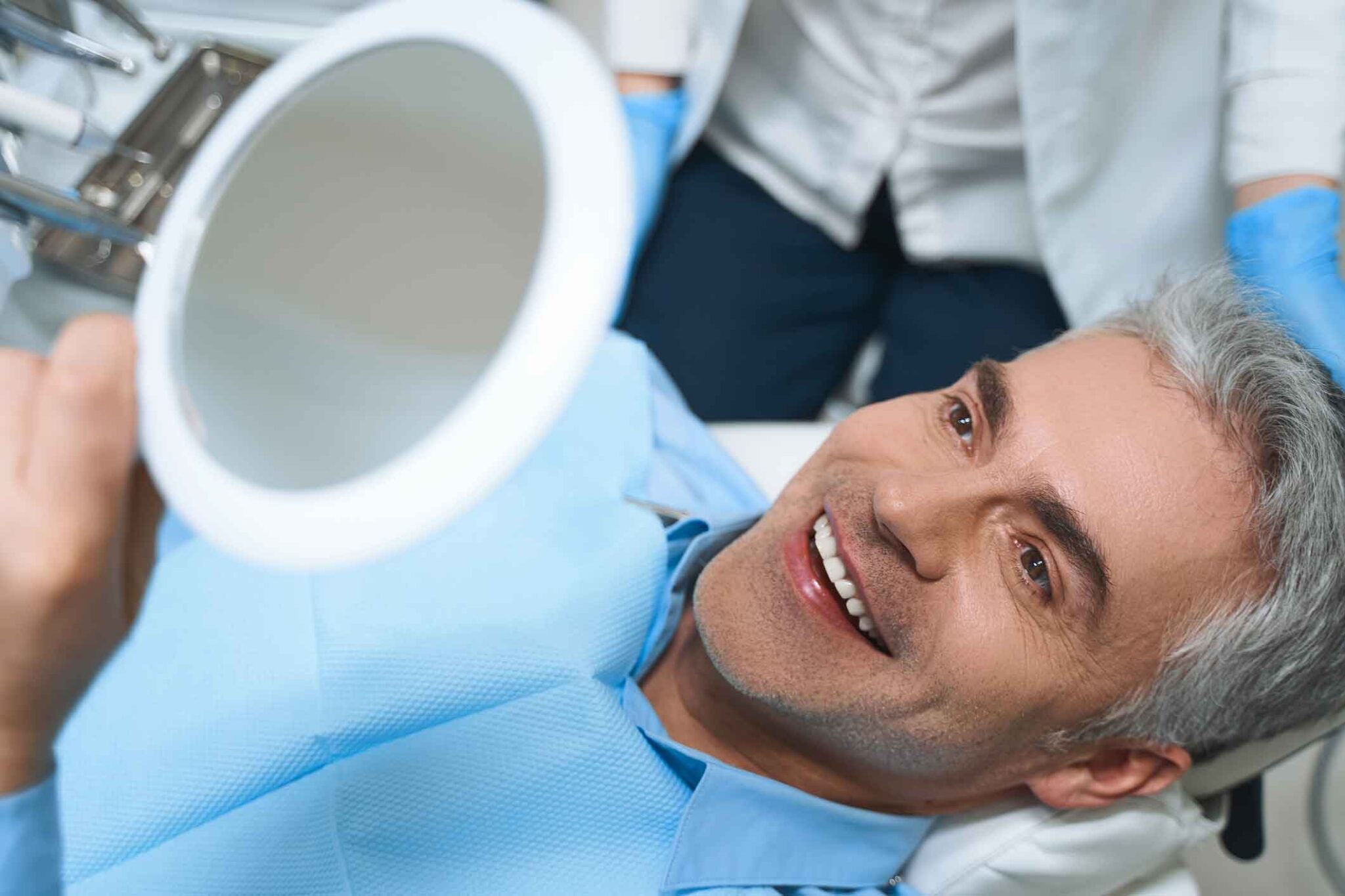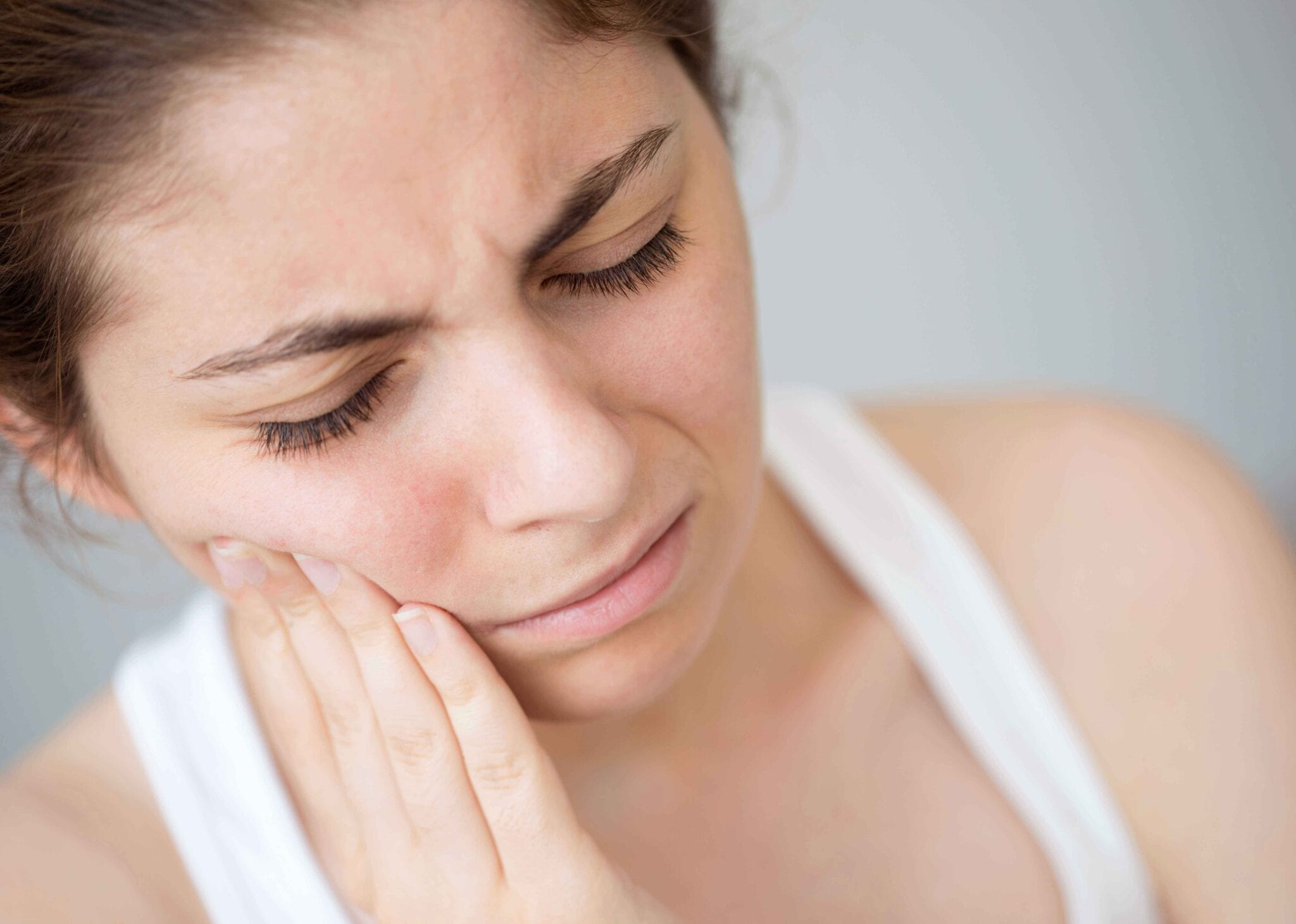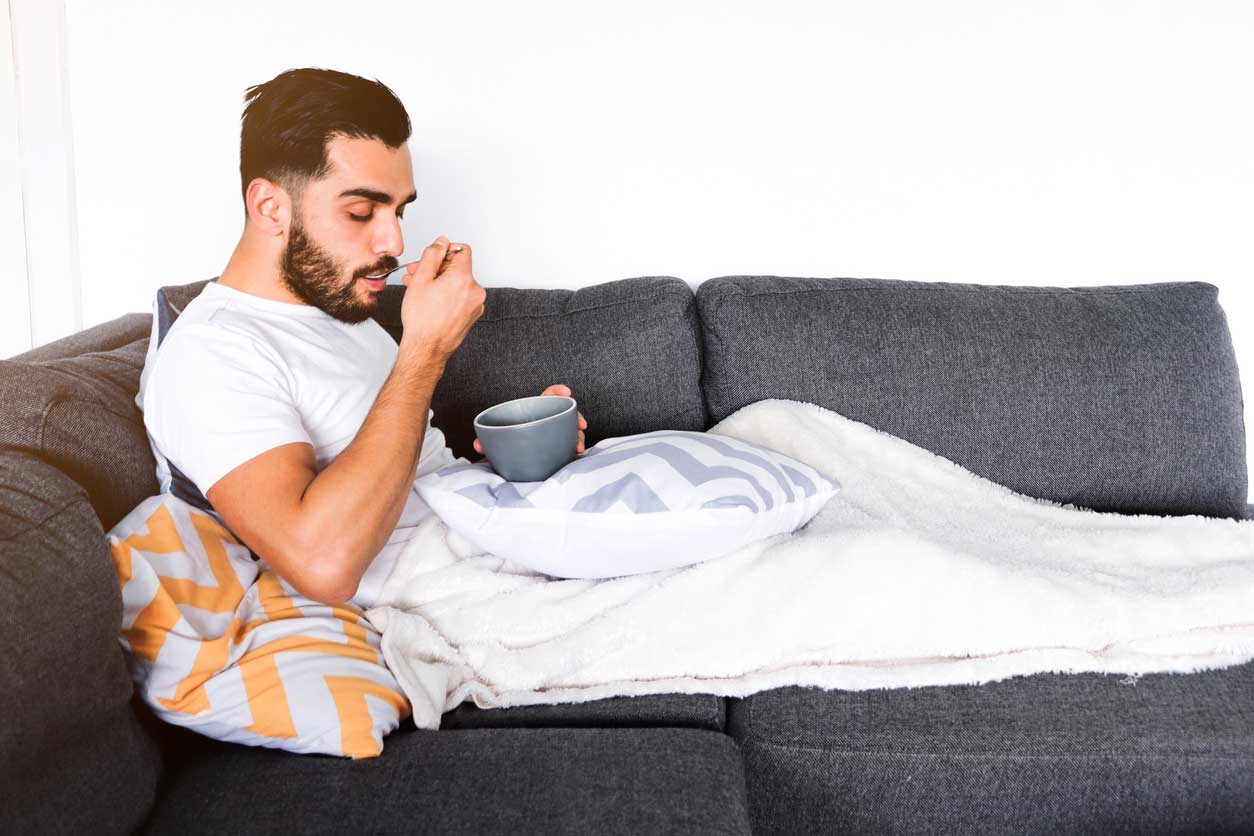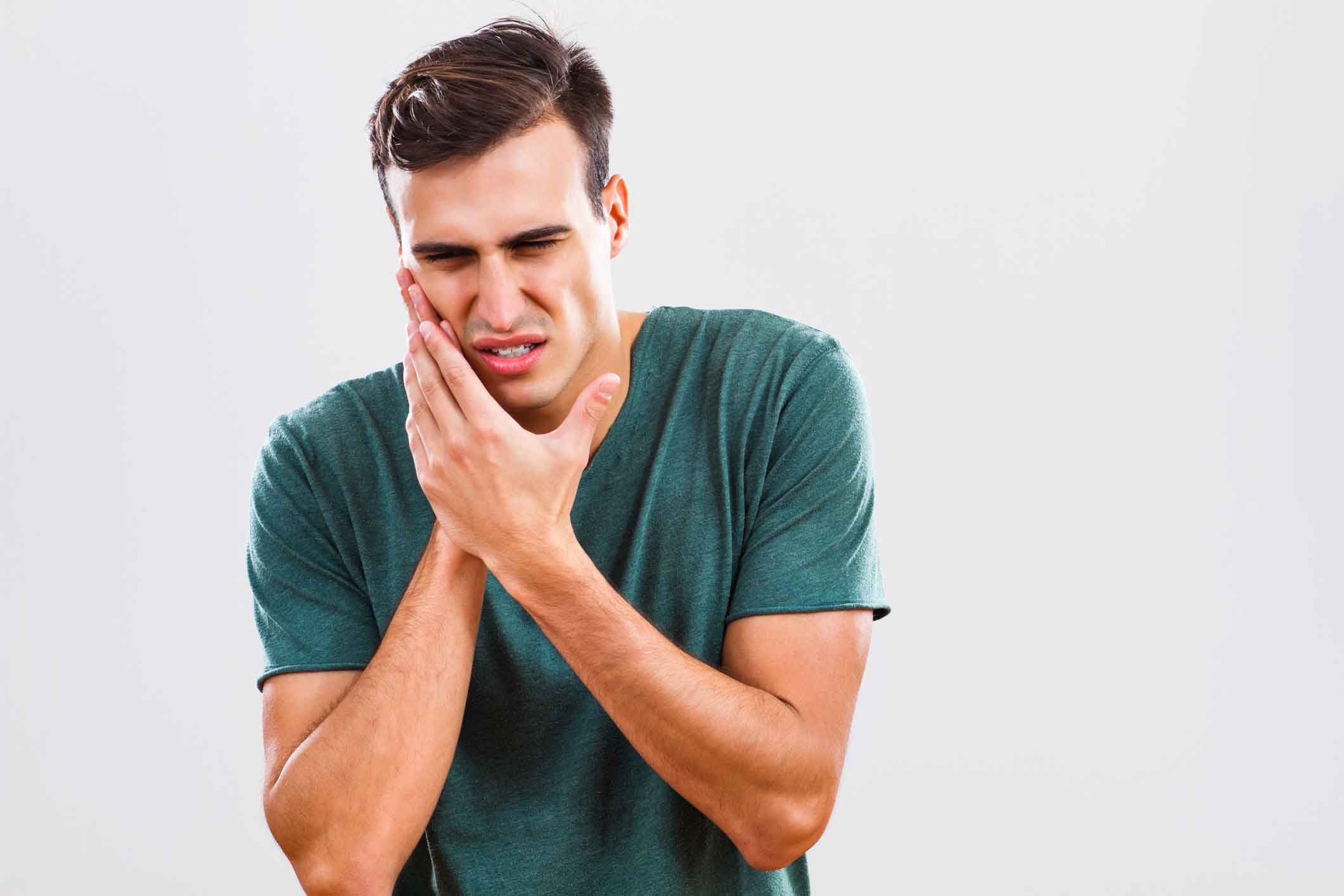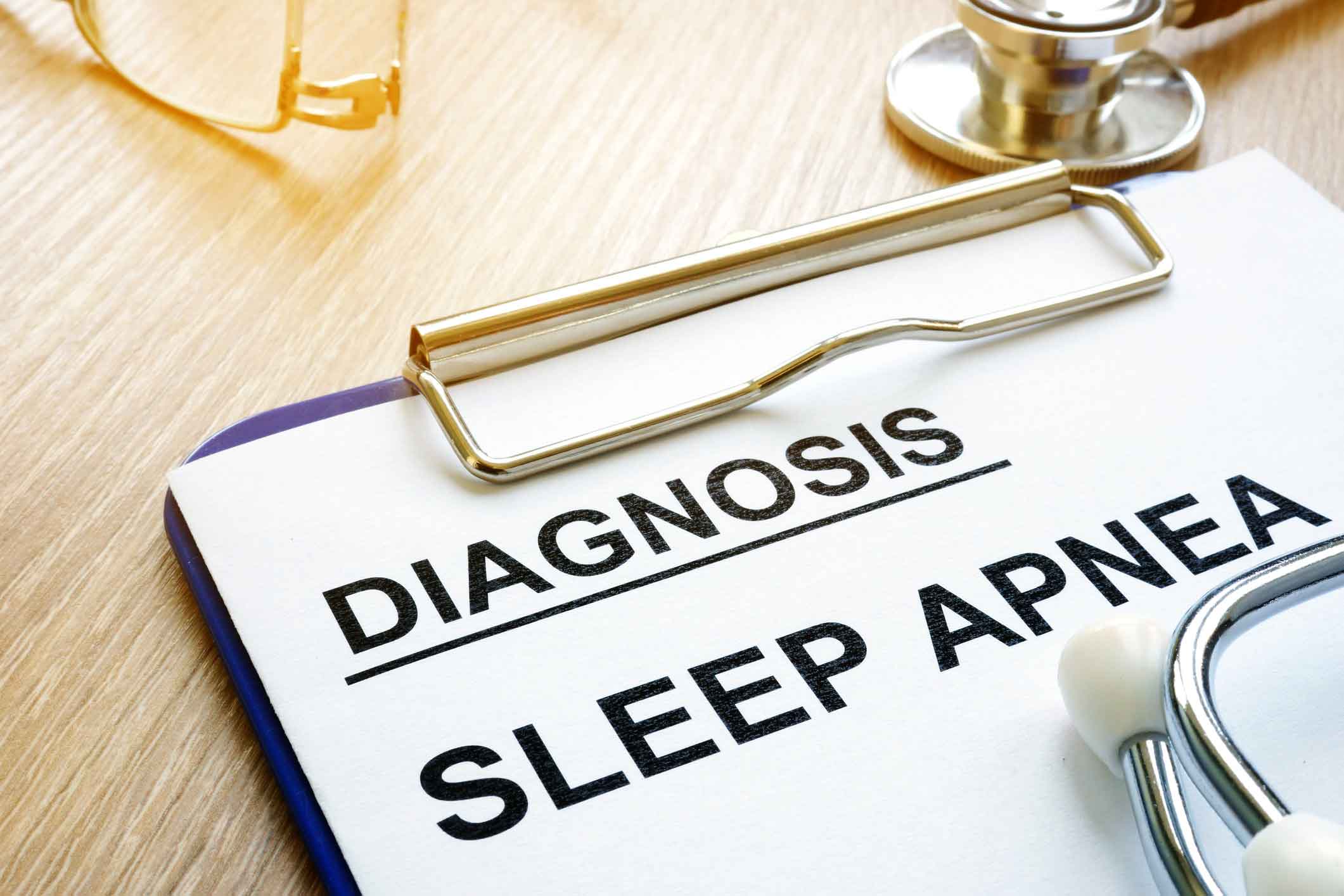
Sleep apnea is a sleep disorder characterized by repeated interruptions in breathing. This stopping and starting of breathing during sleep often manifests as loud snoring. Sufferers often feel tired and unrested even after a long night of sleep. Sleep apnea has three different iterations – obstructive sleep apnea, central sleep apnea, and complex sleep apnea syndrome. Any of these, left untreated, can result in daytime fatigue, mood issues, and strain on the cardiovascular system, among other medical issues. Knowing the causes of sleep apnea, as well as treatment options, can help you understand the reason your doctor may recommend oral surgery to correct your sleep apnea.
What Are the Different Types of Sleep Apnea?
There are three general types of sleep apnea, and although most people who suffer from sleep apnea experience loud snoring, it isn’t always the case. You should consult your doctor if you experience any type of sleep issues that leave you feeling fatigued and irritable after a normal night of sleep.
- Obstructive sleep apnea. The most common sleeping disorder is obstructive sleep apnea. It is a result of throat muscles relaxing during sleep, narrowing your airway. This reduction in blood oxygen levels causes the brain to awaken you from your sleep to reopen the closed airway. You can sometimes feel yourself gasp for breath or hear yourself snoring loudly.
- Central sleep apnea. This kind of apnea results from ineffective communication between the brain and the muscles used for breathing. People who suffer from this type of sleep apnea often will wake up feeling a shortness of breath.
- Complex sleep apnea syndrome. A combination of the first two, complex sleep apnea syndrome can be more challenging to overcome.
What Are the Treatment Options for Sleep Apnea?
- The least invasive and most often recommended treatment option for sleep apnea is positive airway pressure therapy. Unfortunately, a large number of patients have difficulty sleeping with the mask and have trouble adjusting to the machine. Studies show that the majority of patients who undertake PAP therapy actually use the mask less than 50% of their sleep time. This means that they are increasing their risk for daytime fatigue issues, cardiovascular disease, diabetes, and liver disease.
- Oral surgery can also offer relief for patients suffering from sleep apnea. Those suffering from obstructive sleep apnea may be candidates for soft palate surgery, nasal cavity surgery, or Maxillomandibular advancement.
If your sleep apnea is severe or other therapy options such as PAP are not effective in controlling your sleep apnea, you are at a higher risk for metabolic diseases and a reduced quality of life. Contact us at (615) 822-8403 to set up a consultation with one of our board-certified Oral & Maxillofacial surgeons to find out how oral surgery can correct your sleep apnea issues.
The information and content on our website should not be used as a substitute for medical treatment or advice from your doctor.
